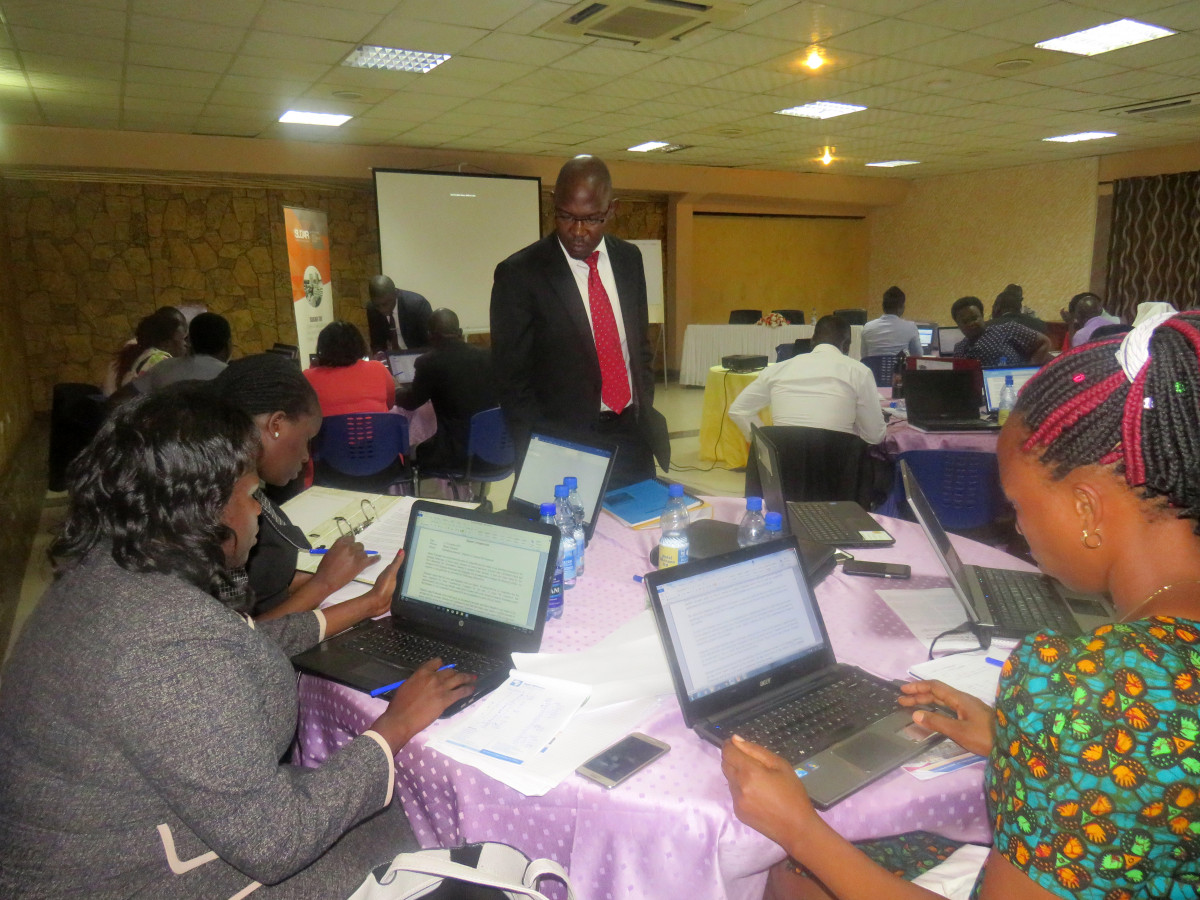ICAR local trainers conduct their first Financial Investigations and Asset Recovery Training Workshop in Uganda

The Basel Institute's International Centre for Asset Recovery (ICAR) celebrated the long-term sustainability of its 2016 Train-the-Trainer project in Uganda when three selected participants conducted their first Financial Investigations and Asset Recovery workshop during 5 – 9 March 2018. These participants received certification as trainers in the ICAR approach and methodology at the end of 2016, and successfully conducted this workshop, independent of the ICAR experts, for 25 of their colleagues. The participants included prosecutors and investigators from the Inspectorate of Government, Directorate of Public Prosecutions, the Uganda Revenue Authority and Criminal Investigations Directorate of the Ugandan police. The overall aim of the programme was to enhance the capacity of representatives of Uganda’s key law enforcement agencies and the judiciary to analyse, investigate and prosecute international bribery cases, and recover assets.
In the context of the SUGAR project (Strengthening Uganda’s Anti-Corruption and Accountability Response), funded by the UK Department for International Development, and as part of a multi-phase initiative designed to produce highly competent trainers and train other practitioners in the process, experts from the Basel Institute’s ICAR conducted four training workshops in Uganda during July – November 2016. The first training workshop also involved the selection and training of participants to become trainers who are now in a position to impart knowledge and skills to law enforcement agencies and prosecutors in Uganda.
Positive feedback received after the March 2018 training reinforced the importance of a practical, interactive and participative approach to building capacity to fight corruption and money laundering.
A member of the Ugandan Police Force commented: “I had never investigated a case of money laundering. With the knowledge acquired from the workshop I am good to go.”
One of the prosecutors reflected: “The information that was availed was very relevant for both prosecutors and investigators. The practical exercise enabled the participants to understand better how to go about financial investigations and the analysis of the data relating to financial investigations.”
The certified trainers were complemented on their ability to “make an explanation about the Laws and Principles of Money Laundering” and “showing a high zeal during the training.”


